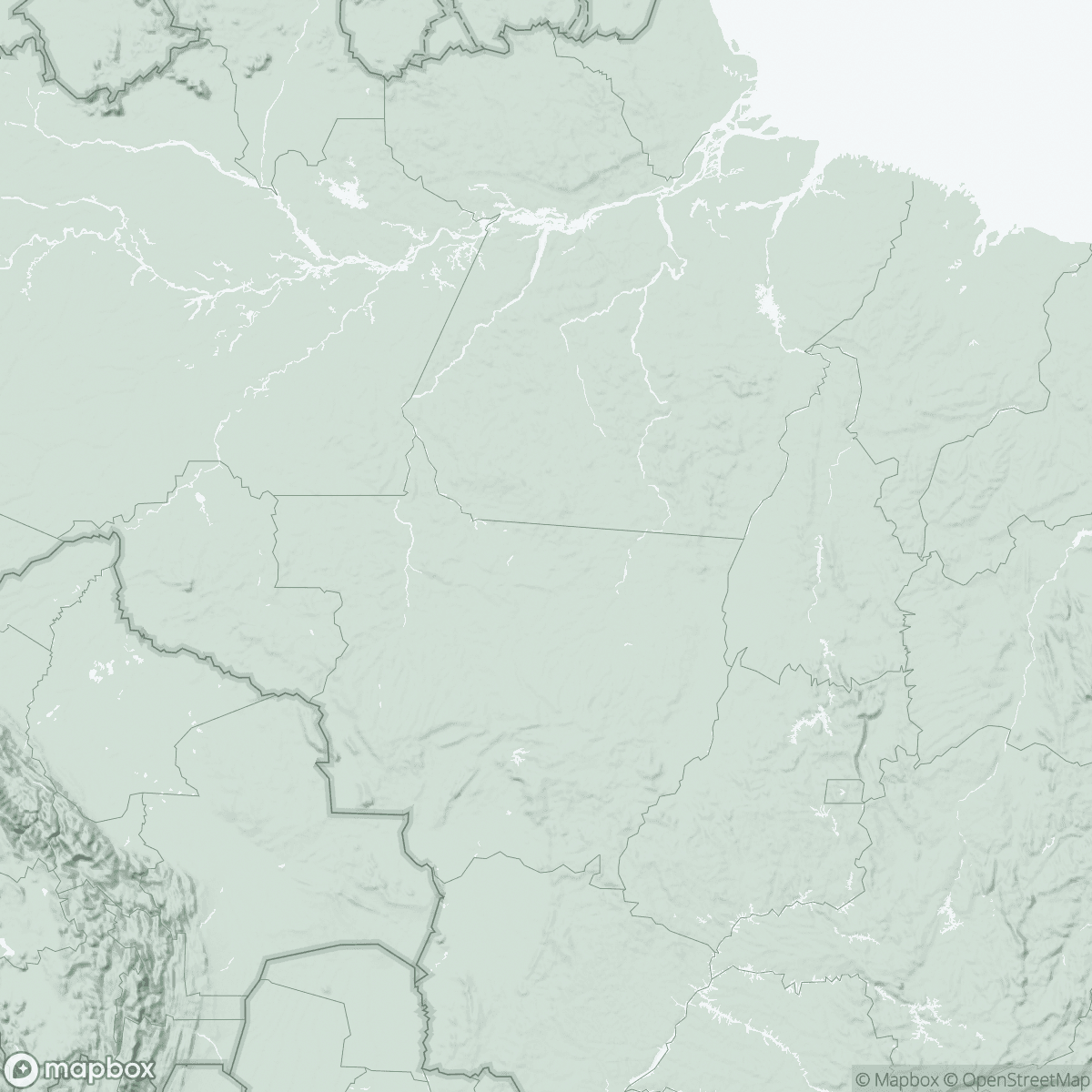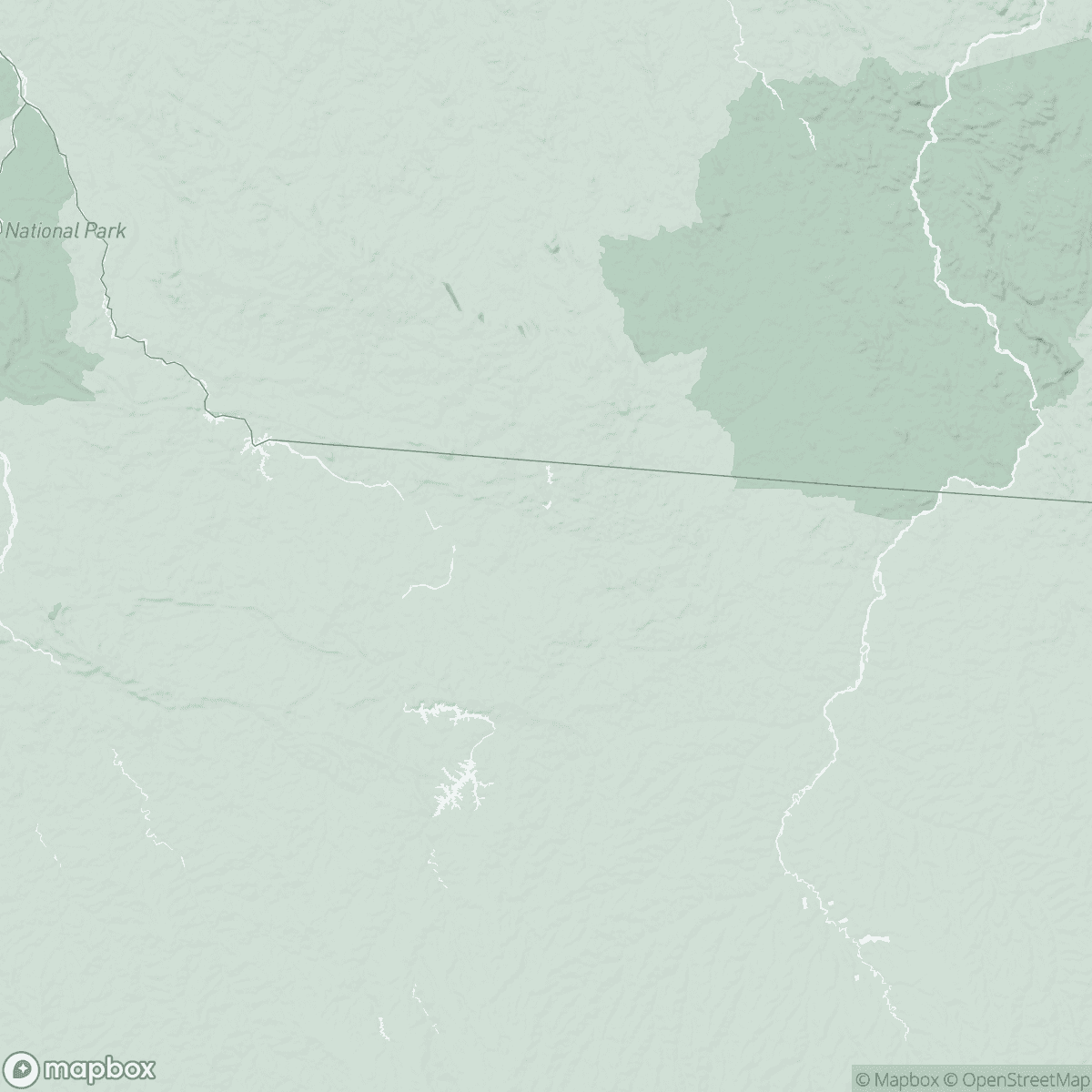
Brazil
Médecins Sans Frontières (MSF) teams in Brazil deliver healthcare to hard-to-reach communities in remote areas of the Amazon. Our services include treatment for malaria and mental health support.
Our activities in 2024 —
outpatient consultations
mental health consultations provided in group sessions
malaria cases treated
individual mental health consultations
In Roraima state, we work in the Yanomami Indigenous Territory (YIT), in the Auaris region, providing malaria treatment and essential healthcare. In the state capital, Boa Vista, we offer medical consultations and mental health support to Yanomami people at the Indigenous health centre.
In early 2023, the Ministry of Health declared a health emergency in the YIT, linked, among other factors, to environmental degradation caused by illegal mining. Since then, MSF has been supporting the ministry to improve healthcare in the territory. In 2024, we coordinated and cofinanced the renovation of a health facility in Auaris. The work, carried out in collaboration with the Indigenous health authorities, involved expanding and upgrading the space, and dividing it into a consultation area and an inpatient ward.

Wherever possible, we run our services on the Indigenous people’s own land, thus implementing a health approach that is more culturally suited to these communities.
Meanwhile, in the state of Pará, we continued our work in Portel, a hard-to-reach Amazonian town. There, MSF promoted the creation of a multidisciplinary network to optimise the flow of care for victims and survivors of sexual violence, through actions such as community engagement and training of professionals from different fields. We also support local authorities to offer general healthcare in the area, including for riverside communities.
In addition to these activities, we launched an emergency response to help people affected by heavy rainfall and flooding in the southern state of Rio Grande do Sul. We provided basic healthcare, as well as mental health and psychosocial support, in a shelter in Canoas, one of the worst-hit towns.
MSF also worked with Rio Grande do Sul authorities in five other cities to design a mental health and psychosocial support response, comprising three main elements: community support, training of local professionals, and the development of emergency protocols.

